“私は中にいることを想像します 50 年, 私たちは、すべての学生が同様に非常に優秀な学生が今日そうであるように実行します基本的に世界に住んでます。” – ラリー・ヘッジス
ラリー・ヘッジは教育研究のためのYidan賞を受けたことにより、彼は「深く謙虚」であると言います. 彼はこの名誉ある賞は、に注意をもたらすと期待している「世界的な教育の改善へのパスとして厳格な研究の重要性。」ヘッジは、それらのための「教育における証拠の文化」を開発するために、厳密な科学的手法を適用する原因に彼のプロ人生を捧げていますそれを必要とする人, 彼らの教師も, 政策立案者、あるいは両親. Yidan賞を受賞することは確かに役立ちます. 年に設立された 2016 チャールズ・チェンYidanによって (テンセントのコア創設者), 賞は、毎年2つの賞を提示します — one for education research and one for education development. ザ· 2 recipients receive a total sum of HK$30 million.
教育システムは、変化する世界で多くの課題に直面しています. どのように我々は、彼らが公正であることを確認することができます, 効率的かつ包括的? どのように我々は、教育研究を活用し、実践に理論を置く必要があります?
To answer these questions amongst others, 教育のためのグローバル検索 welcomes Yidan Prize Laureate for Education Research 2018, 教授ラリーV. ヘッジ, 統計局の会長, ノースウェスタン大学.
“Nations have become aware that it is essential to bring the best scientific methods available to meet the challenges facing education, which are the challenges of making a more prosperous and just world.” – ラリー・ヘッジス
Larry, what do you think are the biggest challenges for education researchers in the rapidly changing world of the fourth industrial revolution? How are these challenges similar to or different from those faced by researchers in the past?
過去, education was much like a craft endeavor where most knowledge was derived from tradition and direct experience of practice. Research in education had relatively little influence on education practice, and frankly, education research was often not particularly rigorous or scientific. The field was subject to faddish enthusiasm but little rigorous research to determine whether the latest fad actually worked. Some educators and researchers even questioned whether it was possible to discover durable facts—in other words, they doubted that research could be useful.
今日, education systems face more complex challenges and the need to make rapid progress. Having an educated workforce has become more important to economic progress than ever before. 言い換えると, education has become instrumentally important to the nations of the world as it has never been before. Nations have become aware that it is essential to bring the best scientific methods available to meet the challenges facing education, which are the challenges of making a more prosperous and just world. I have experienced some of the dislocations as education has become increasingly important economically in my own country. Education researchers must embrace the rigorous scientific methods used in related fields including the social, behavioral, and biological sciences. This transformation will not be easy. Researchers will need to develop new skills, learn new research methods, and develop a more skeptical and scientific perspective about new innovations. 例えば, scientific methods like randomized field trials are critically important to understand which interventions work in medicine. 彼らは、彼らが医療で必要とされる正確に同じ理由のためにあまりにも教育で必要とされています, だけ広く教育研究に使用され始めています. 医学などの分野でも、それらを必要とする研究リーチ実務家から進めていることを確認するための方法を開発しました. 私たちは、教育研究のための効果的な普及方法を開発し始めています. おそらくもっと重要なこと, in medicine there is a culture of evidence that supports the idea that scientific evidence is essential to improve practice and that new knowledge will necessitate changes in practice throughout one’s career.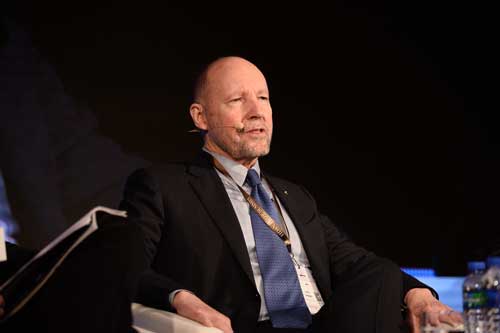
“研究者たちは、実際に違いを生むことができ、研究を行う必要があります. They also have to play a greater role in training practitioners so that practitioners better understand research and how to use it.” – ラリー・ヘッジス
Bridging the gap between research and practice. Many believe this is essential to encourage timely innovation, creativity and teacher autonomy. 研究で何をすべきか, school and policy level to make this happen?
I agree that teachers and other education personnel must be respected as professionals with a reasonable degree of autonomy to practice their profession. However they must also find their place in the emerging ecosystem of education research, development, and practice. They must learn to function as professionals who believe that research can improve practice and that sometimes large scale research is the only way to know what works. But they will have a role in producing that research as large scale education research becomes more common in schools. They will have to constantly update their knowledge and use the new knowledge that scientific research in education produces in their practice. This is quite different from the functioning of the teaching profession today, where a great deal of practice is determined by initial training in universities and teacher training colleges, apprenticeship, and experience. The future I imagine for teachers is more like medicine today where doctors have wide autonomy, but their practice is informed by a constantly advancing medical science and doctors are conscious that some kinds of knowledge can only be obtained from large scale studies.
Researchers also have responsibilities. 研究者たちは、実際に違いを生むことができ、研究を行う必要があります. 彼らはまた、実務者がより良い研究を理解するように訓練の実務に大きな役割を果たしている必要があり、それを使用する方法.
学校で子どもたちは、今日の国際社会に住んでいると作業する能力が必要になります. How are education researchers collaborating globally to ensure education research remains relevant, efficient and inclusive for future generations?
教育研究はますますグローバル化、科学的企業となってきています. Education researchers increasingly use similar methods, publish in the same journals, and share their work in international meetings. This is particularly apparent to me in the United States, where our professional research organizations, such as the American Educational Research Association and the Society for Research on Educational Effectiveness are increasingly reaching out to researchers in other parts of the world and enjoying their participation in our scientific meetings. It is also important to realize that a great deal of education research is conducted by scholars that are affiliated with other social sciences such as economics, the emerging field of prevention science, psychology, sociology, or statistics. These fields are even more international in their outlook than more conventional education research and they are helping to make educational research an international field.
“Education research is increasingly becoming a global scientific enterprise.” – ラリー・ヘッジス
Technology is evolving at a tremendous speed. If you had to look into the future, 言う 30 または 50 今から数年, and make some predictions – how do you see the future educational system?
I will offer an analogy to help make this prediction. 中に 1900, we knew that people could lead healthy and productive lives until they were 70 歳, but only a small proportion of people did. Life expectancy in my country for a white male born in 1890 was about 38 年. Now it is double that and people routinely live healthy and productive lives into their 70s. Of course the reason for this dramatic change is the vast expansion of scientific research in medicine in the 20th century. I believe that education will experience the same kind of dramatic change in the 21st century that health care experienced in the 20th century. We now know that almost any person can learn almost anything that the brightest student can, but they often do not. 私は中にいることを想像します 50 年, we will live in a world where essentially every student will perform as well as the very best students do today. そのような世界は可能だろうかはるかに生産し、包括的想像!
C Mルービンとラリー・ヘッジス
サー·マイケル·バーバー含む私を参加して、世界的に有名なオピニオンリーダー (英国), DR. マイケル·ブロック (米国の), DR. レオンBotstein (米国の), 教授クレイ·クリステンセン (米国の), DR. リンダダーリング·ハモンド (米国の), DR. MadhavChavan (インド), チャールズ·ファデル (米国の), 教授マイケルFullan (カナダ), 教授ハワード·ガードナー (米国の), 教授アンディ·ハーグリーブス (米国の), 教授イヴォンヌヘルマン (オランダ), 教授クリスティンHelstad (ノルウェー), ジャンヘンドリクソン (米国の), 教授ローズHipkins (ニュージーランド), 教授コーネリアHoogland (カナダ), 閣下ジェフ·ジョンソン (カナダ), 夫人. シャンタルカウフマン (ベルギー), DR. EijaKauppinen (フィンランド), 国務長官TapioKosunen (フィンランド), 教授ドミニクラフォンテーヌ (ベルギー), 教授ヒューローダー (英国), 主ケンマクドナルド (英国), 教授ジェフ·マスターズ (オーストラリア), 教授バリー·98名 (オーストラリア), シヴナダール (インド), 教授R. Natarajan (インド), DR. PAK NG (シンガポール), DR. デニス教皇 (米国), Sridhar Rajagopalan (インド), DR. ダイアンRavitch (米国の), リチャード·ウィルソン·ライリー (米国の), サー·ケン·ロビンソン (英国), 教授パシSahlberg (フィンランド), 教授佐藤学 (日本), アンドレアス·シュライヒャー (PISA, OECD), DR. アンソニー·セルドン (英国), DR. デビッド·シェーファー (米国の), DR. キルスティン没入Areの (ノルウェー), 首相スティーブン·スパーン (米国の), イヴTheze (LyceeFrancais米国), 教授チャールズUngerleider (カナダ), 教授トニーワーグナー (米国の), デイヴィッド·ワトソン (英国), 教授ディランウィリアム (英国), DR. マークWormald (英国), 教授テオWubbels (オランダ), 教授マイケル·ヤング (英国), 教授Minxuan張 (中国) 彼らは、すべての国が今日直面している大きな絵教育問題を探るように.
C言語. M. ルービンは彼女が受け取った2つの広く読まれているオンラインシリーズの著者である 2011 アプトン·シンクレア賞, 「教育のためのグローバル検索」と「どのように私たちは読みます?"彼女はまた、3つのベストセラーの本の著者である, 含めて不思議の国のアリスリアル, の出版社です CMRubinWorld そしてかく乱財団研究員である.
Cに従ってください. M. Twitterでルビン: www.twitter.com/@cmrubinworld

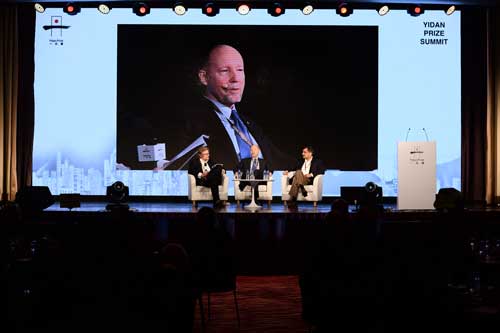
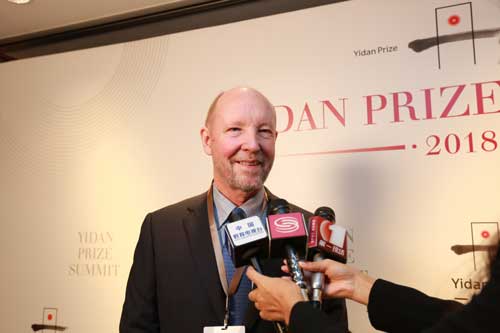
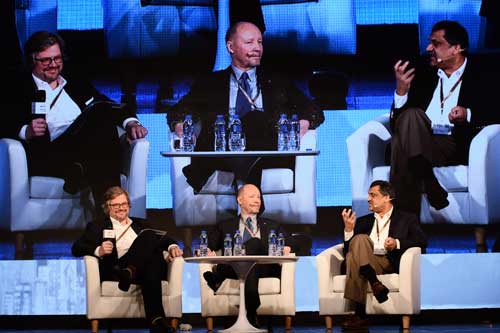
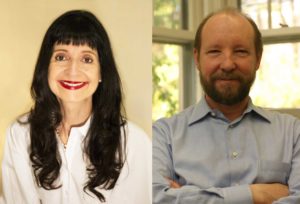
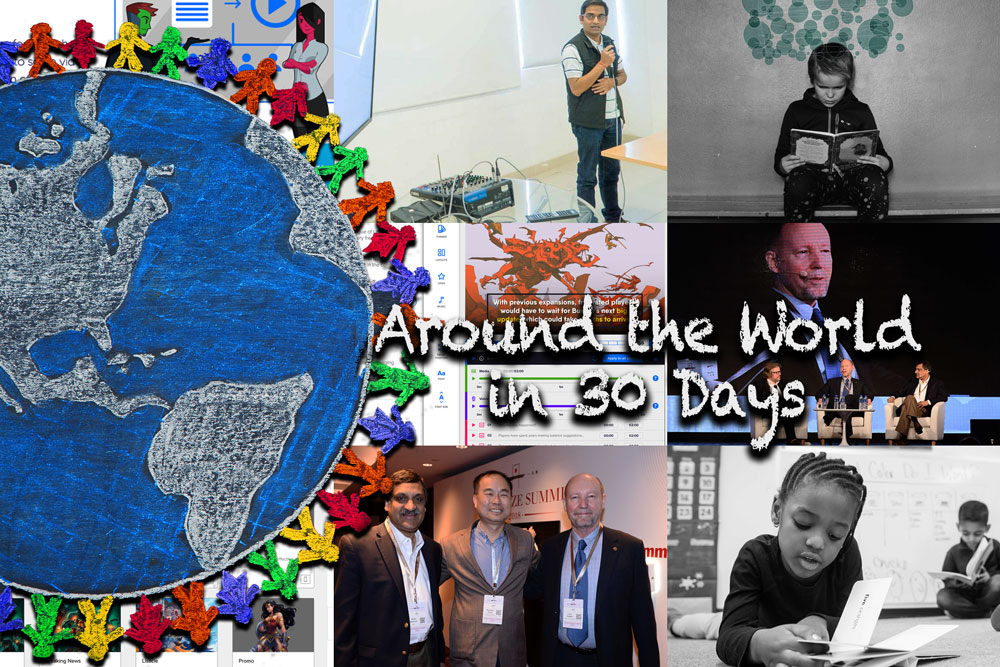

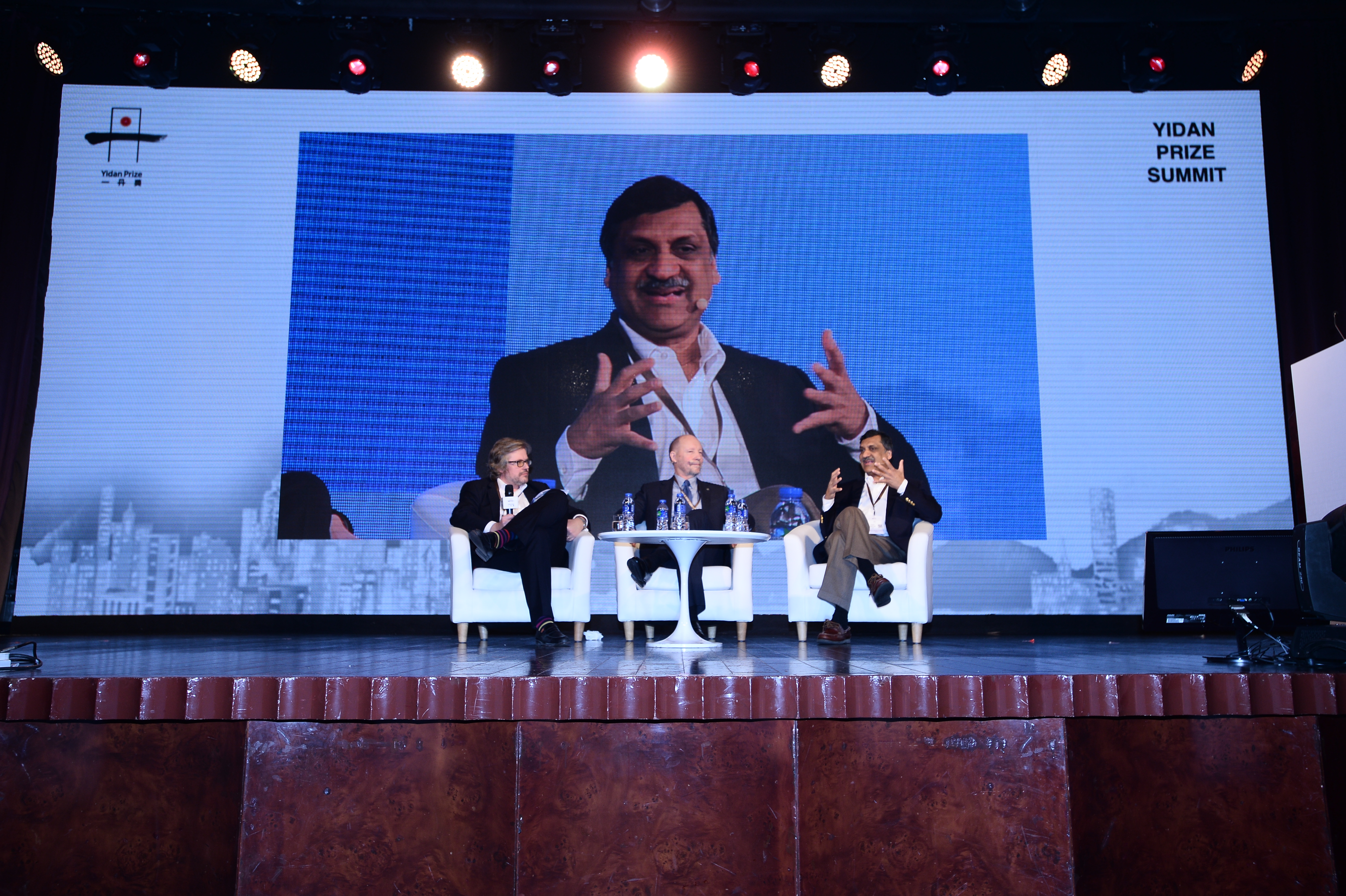
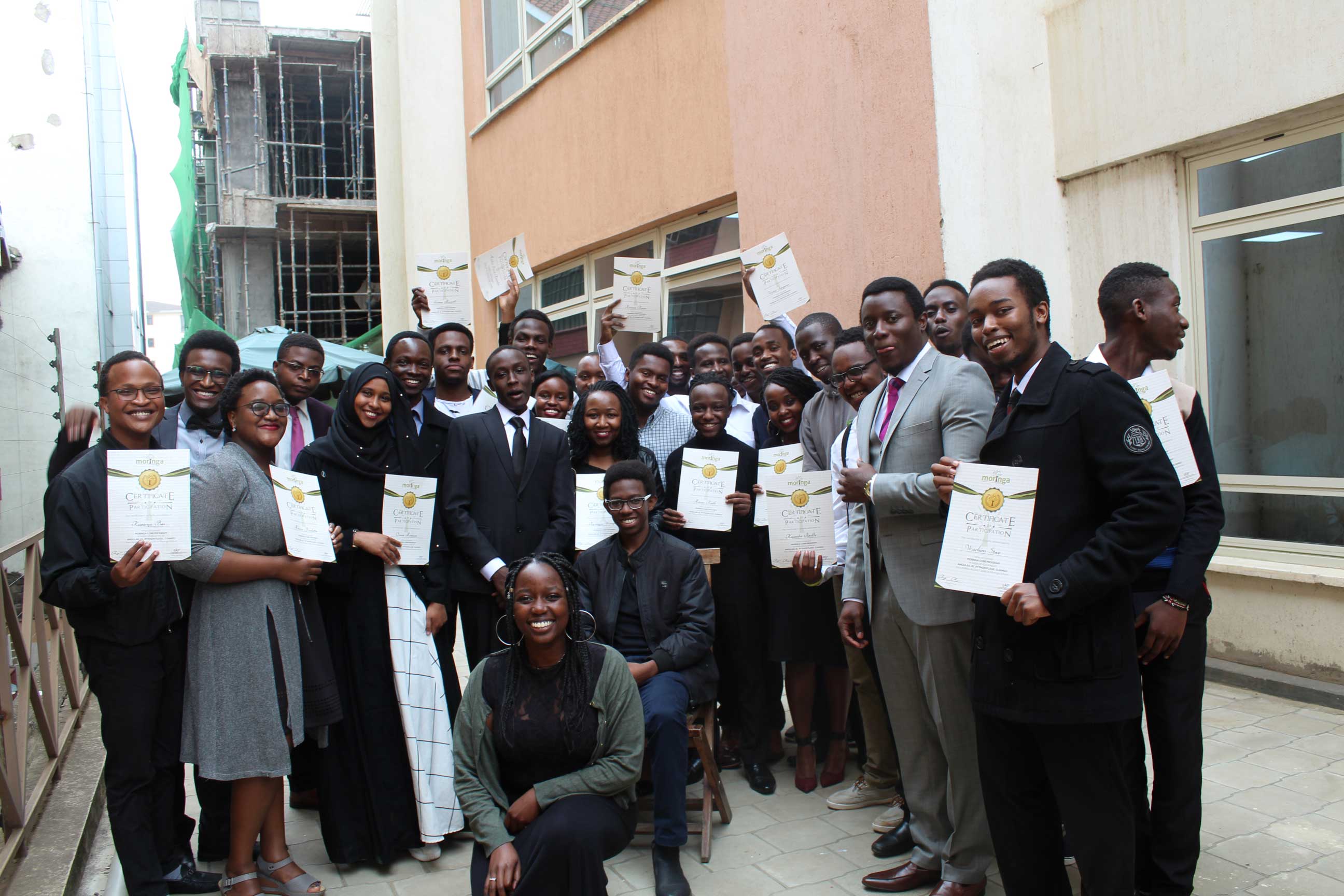
最近のコメント